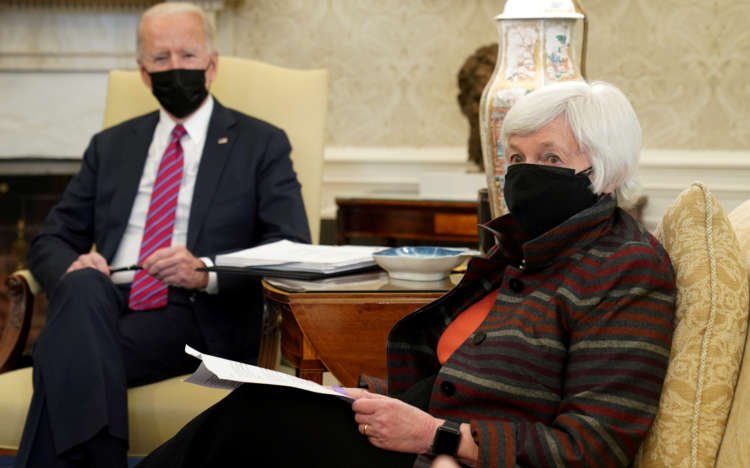Finance
What happens when women run the economy? We’re about to find out
Published by linker 5
Posted on April 6, 2021
1 min readLast updated: January 21, 2026

Published by linker 5
Posted on April 6, 2021
1 min readLast updated: January 21, 2026

Explore more articles in the Finance category
